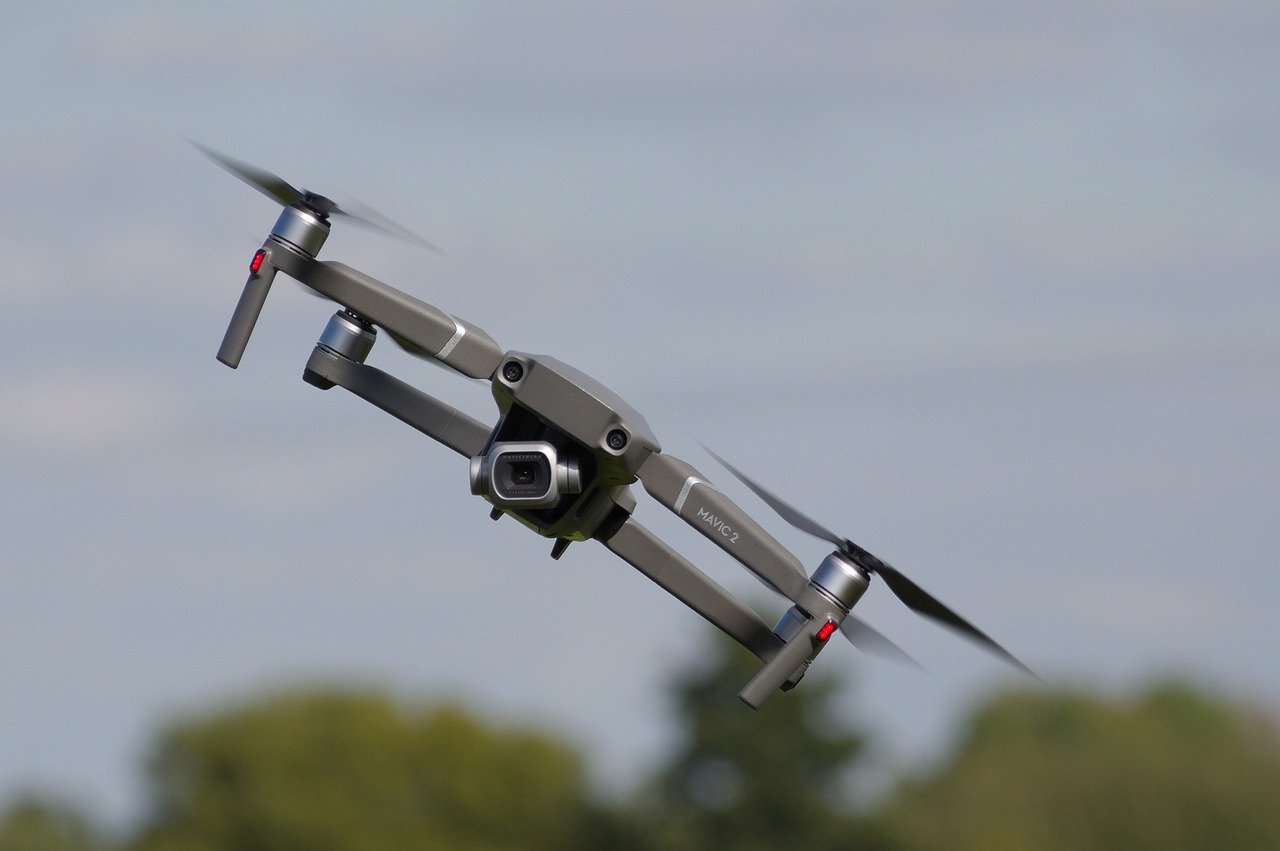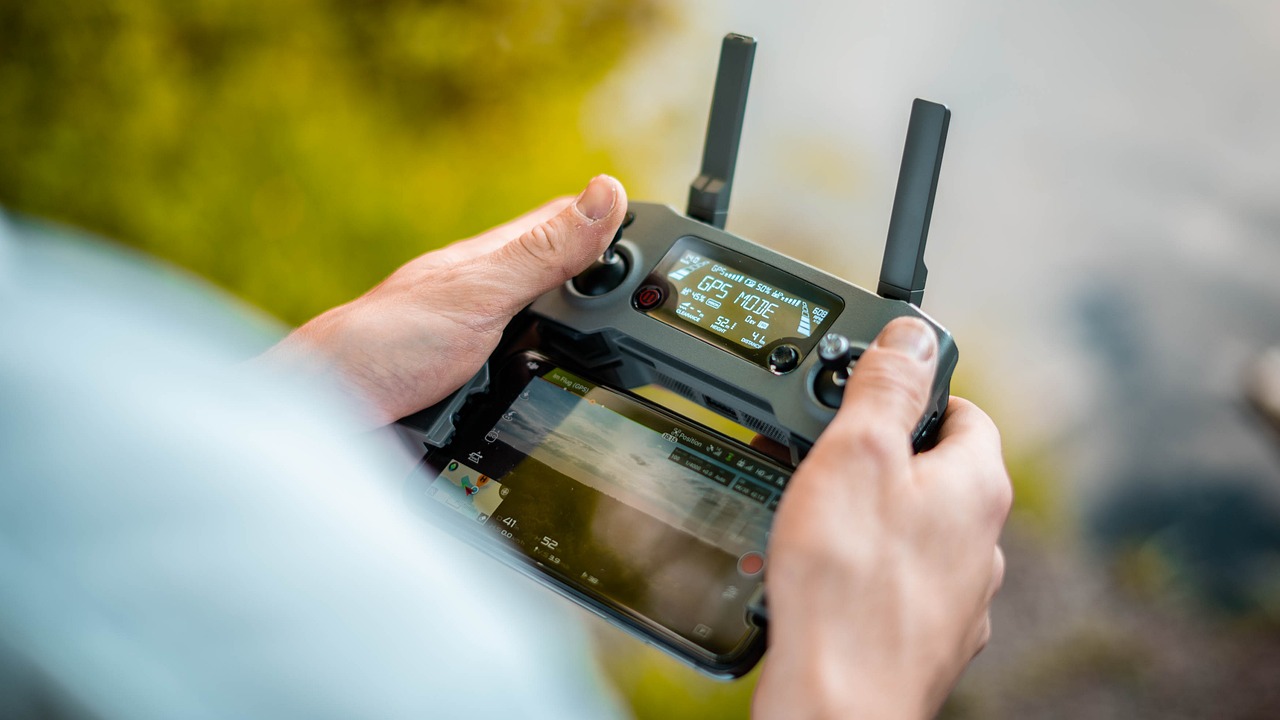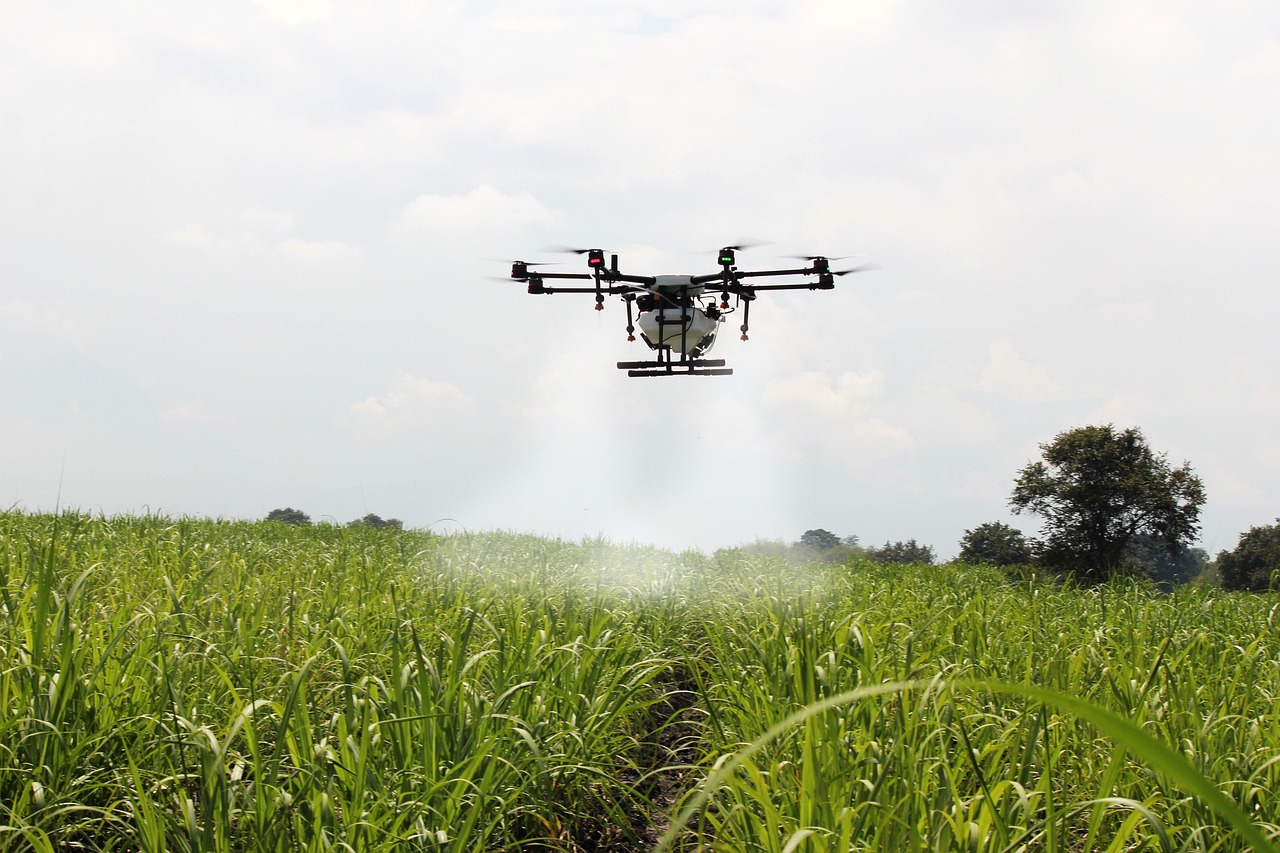Comprehensive Guide to Photography Services in Durban and South Africa Photography is a powerful art…
Flying Drones in South Africa
Introduction
Drone Flying in South Africa has become increasingly popular in recent years. These unmanned aerial vehicles (UAVs) have revolutionized industries such as photography, videography, agriculture, and surveying. South Africa, with its diverse landscapes and stunning scenery, provides an ideal environment for drone enthusiasts to explore and capture incredible aerial footage. However, before taking flight, it is crucial to understand the regulations and guidelines governing the use of flying drones in South Africa.
Drone Regulations in South Africa

To ensure safe and responsible drone operations, the South African Civil Aviation Authority (SACAA) has established regulations that govern the use of drones in the country. These regulations aim to prevent accidents, protect people’s privacy, and maintain airspace security.
Licensing and Registration
Before flying a drone in South Africa, it is mandatory to obtain a Remote Pilot License (RPL) from the SACAA. The RPL certifies that the drone operator has undergone the necessary training and understands the rules and regulations associated with drone flying. Additionally, all drones weighing more than 7 kilograms must be registered with the SACAA.
Restricted Areas and No-Fly Zones
Certain areas in South Africa are designated as restricted or prohibited for drone flying. These include airports, military bases, national parks, and densely populated urban areas. It is crucial for drone operators to familiarize themselves with these restricted zones and comply with the regulations to avoid any legal issues or safety hazards.
Safety Guidelines for Flying Drones
To ensure the safe operation of drones, several guidelines must be followed. These include:
- Fly during daylight hours and in good weather conditions.
- Maintain a visual line of sight with the drone at all times.
- Keep a safe distance from people, buildings, and vehicles.
- Do not fly above 400 feet (120 meters) or within 50 meters of any person, property, or vehicle not under the operator’s control.
- Do not fly near emergency scenes, public gatherings, or events without prior permission.
Consequences of Flying Drones Illegally and Without Necessary Paperwork
Flying drones illegally or without the necessary paperwork in South Africa can have serious consequences. It is important to understand the potential ramifications to ensure responsible and lawful drone operations.
- Legal Penalties: Operating a drone without the required licenses, permits, or registrations can result in legal penalties. The South African Civil Aviation Authority (SACAA) enforces regulations strictly, and violations can lead to fines, confiscation of equipment, or even criminal charges.
- Safety Hazards: Flying drones without adhering to regulations poses safety hazards to people and property. Without proper training and understanding of airspace rules, operators may inadvertently cause accidents or damage to others’ belongings.
- Privacy Concerns: Unlawful drone operations can infringe upon people’s privacy. Capturing images or videos without consent in private areas or violating personal space can lead to legal disputes and harm a drone operator’s reputation.
- Negative Impact on Drone Community: Irresponsible drone operations reflect poorly on the entire drone community. By disregarding regulations and operating without necessary paperwork, individuals undermine efforts to promote safe and responsible drone usage.
To avoid these consequences, it is crucial to educate oneself about the regulations, obtain the required licenses and permits, and fly drones responsibly within the boundaries set by the SACAA. This ensures the safety of others, protects privacy rights, and maintains a positive image for the drone community in South Africa.
The Importance of Aviation School for Drone Operators
Aviation schools play a vital role in shaping responsible and knowledgeable drone operators. Enrolling in an aviation school offers several benefits and enhances the overall drone flying experience. Here’s why attending aviation school is crucial for aspiring drone operators in South Africa:
- Knowledge and Skills: Aviation schools provide comprehensive training programs that cover essential topics such as airspace regulations, flight planning, meteorology, and emergency procedures. Acquiring this knowledge equips drone operators with a solid foundation to operate safely and responsibly.
- Understanding Aviation Principles: Aviation schools teach fundamental principles of flight, aerodynamics, and navigation. This knowledge enables drone operators to better understand their drones’ capabilities, make informed decisions while flying, and troubleshoot any issues that may arise.
- Regulatory Compliance: Aviation schools educate students on the specific regulations and licensing requirements set by the South African Civil Aviation Authority (SACAA). By attending these schools, aspiring drone operators gain a clear understanding of the rules and regulations, ensuring compliance and avoiding legal issues.
- Flight Training: Aviation schools provide practical flight training, allowing students to gain hands-on experience with drones in a controlled and supervised environment. This training helps improve piloting skills, maneuvering techniques, and emergency response capabilities.
- Safety Emphasis: Safety is a top priority in aviation schools. Students learn about safety protocols, risk assessment, and emergency procedures. This emphasis on safety fosters responsible drone operations and helps prevent accidents and incidents.
- Networking and Professional Opportunities: Aviation schools provide a platform for networking with industry professionals and fellow enthusiasts. These connections can lead to valuable opportunities, such as internships, job placements, and collaborations, which can further enhance career prospects in the drone industry.
Attending aviation school offers aspiring drone operators the necessary knowledge, skills, and regulatory compliance to fly drones safely and responsibly. It not only instills confidence but also contributes to the overall growth and professionalism of the drone community in South Africa.
Drone Flying Etiquette
Respecting the privacy and safety of others is crucial when flying drones. Always obtain permission before capturing images or videos of people or private properties. Avoid flying over sensitive areas or causing disturbances. Practicing good drone etiquette helps foster positive relationships between drone operators and the general public.
Commercial Use of Drones

South Africa provides numerous opportunities for commercial drone operations. Industries such as real estate, agriculture, construction, and cinematography have embraced the use of drones to enhance their operations and deliver unique perspectives. However, commercial drone operators must adhere to additional regulations and obtain necessary permits to conduct business activities legally.
Advancements in Drone Technology
The field of drone technology is evolving rapidly, with new advancements being made regularly. South Africa is at the forefront of drone innovation, with companies developing drones for various purposes, including delivery services, wildlife conservation, and disaster management. These technological advancements not only enhance the capabilities of drones but also open up new possibilities for their applications in South Africa.
Opportunities for Drone Enthusiasts in South Africa

Drone enthusiasts in South Africa can explore various opportunities to turn their passion into a profession. From aerial photography and videography to drone racing and training, there are several avenues for individuals to showcase their skills and contribute to the growing drone industry in the country. Additionally, joining drone communities and participating in events can provide valuable networking opportunities and knowledge sharing among enthusiasts.
Conclusion
Flying drones in South Africa offers an exciting and unique way to capture breathtaking aerial views of the country’s stunning landscapes. However, it is crucial to adhere to the regulations and guidelines set forth by the South African Civil Aviation Authority to ensure safe and responsible drone operations. By following the rules, respecting privacy, and practicing good drone etiquette, drone enthusiasts can enjoy the thrill of flying while contributing to the growth and development of the drone industry in South Africa.
FAQs
1. Do I need a license to fly a drone in South Africa?
Yes, it is mandatory to obtain a Remote Pilot License (RPL) from the South African Civil Aviation Authority (SACAA) before flying a drone in South Africa.
2. Are there any restricted areas for drone flying in South Africa?
Yes, certain areas such as airports, military bases, and national parks are designated as restricted or no-fly zones for drones.
3. Can I use drones for commercial purposes in South Africa?
Yes, drones can be used for various commercial purposes in South Africa. However, commercial drone operators must comply with additional regulations and obtain necessary permits.
4. What are the safety guidelines for flying drones in South Africa?
Safety guidelines include flying during daylight hours, maintaining visual line of sight, avoiding flying over people or sensitive areas, and keeping a safe distance from buildings and vehicles.
5. What opportunities are available for drone enthusiasts in South Africa?
Drone enthusiasts can explore opportunities in aerial photography, videography, drone racing, training, and various industries such as real estate, agriculture, and cinematography.




